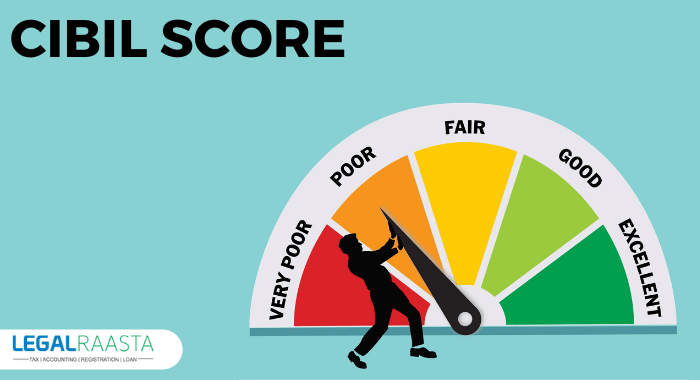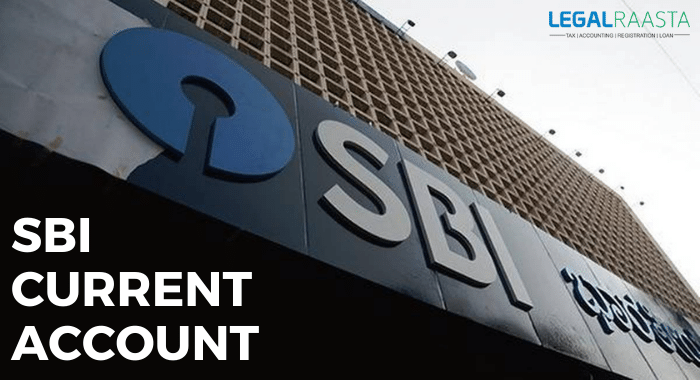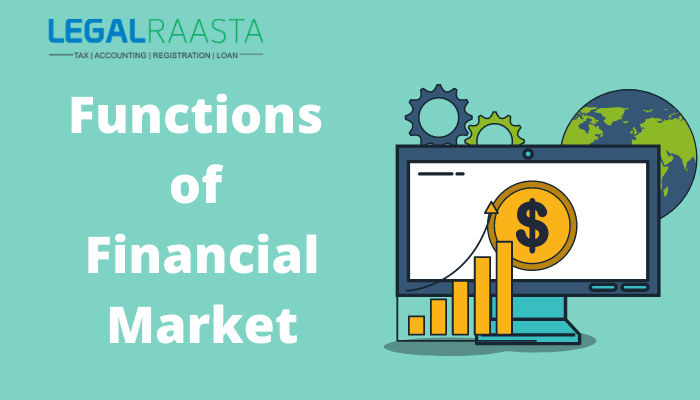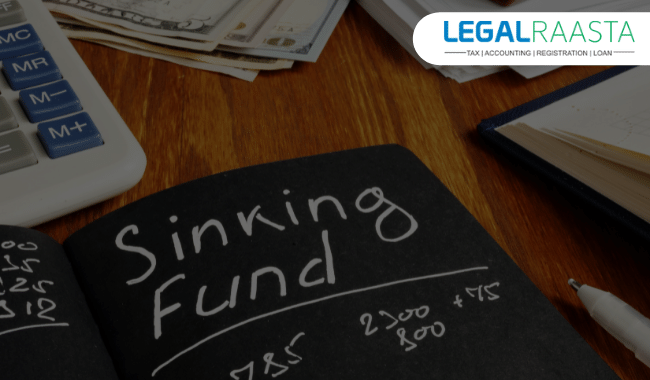Gilt Funds
One of the most important considerations an investor must make when investing is selecting how much risk he is prepared to face with his money. Should he go for rapid expansion or capital preservation? For capital preservation, investors with a lower risk tolerance typically turn to debt funds. Debt funds come in a variety of shapes and sizes. Gilt funds are considered to be the safest of the bunch.
These Funds are debt funds that solely invest in state and central government bonds and fixed interest-bearing instruments. These investments are done in a variety of instruments with different maturities. These funds are regarded to be low-risk because they are invested with the government.
What are Gilt Mutual Funds and how do they work?
When the state or central government needs money, it turns to the country's apex bank, the
Reserve Bank of India (RBI), which also serves as the government's banker. The Reserve Bank of India (RBI) collects the requisite cash from banks and insurance companies and lends them to state and federal governments. In exchange, the Reserve Bank of India issues g-secs or fixed-term government securities. These securities are purchased by Gilt Funds. The fund returns the security and receives a dividend when it matures.
The following are the two types of gilt funds available in India:
- This category includes funds that invest in government securities of various maturities.
- The other category contains funds with a ten-year fixed maturity. These must put at least 80% of their entire assets into securities with a 10-year maturity horizon.
When it comes to how gilt funds to function, the Government of India contacts the Reserve Bank of India (RBI) for funding. Not only is the RBI India's central bank, but it also serves as the government's banker. As a result, the RBI borrows money from other financial institutions such as banks and insurance companies. These funds are an ideal combination of moderate returns and low risk for most conservative investors.
These Funds, unlike bond funds, which may invest in corporate bonds, only invest in g-secs (government securities). As a result, Gilt Mutual Funds are low-risk investments that provide reasonable returns while preserving money. As a result, they are a fantastic investment alternative for persons who have a low-risk tolerance and want to invest in government securities.
Benefits of investing in gilt funds:
Investing in gilt funds has the following advantages:
- Government securities exposure:
Some government securities are not available to retail investors directly. Individuals can only invest in gilt funds to acquire exposure to such government instruments.
Because the government issues the underlying securities, gilt funds are thought to pose little to no credit risk. As the government is unlikely to default on its obligations, gilt funds are a good choice for risk-averse investors.
Gilt funds have a reputation for providing reasonable returns with little to no risk. Individuals with short to medium-term investment views might consider these funds.
Consider these factors before investing in Gilt Mutual Funds.
Before investing in gilt funds in India, you should examine the following factors:
Risks
Because these funds are issued by the government, they have no credit risk because the government never defaults on its payments. However, these funds are subject to interest rate fluctuations. When interest rates climb dramatically, the NAV of a Gilt Fund plummets.
Returns
Gains from a Gilt Fund are not guaranteed because they are based on interest rate movements. Gilt Funds, on the other hand, can deliver up to 12% returns in a declining interest rate environment. Gilt Funds can also provide superior returns than equity funds in the event of a downturn in the economy.
Ratio of Expenses
Gilt Funds, like all other mutual funds, charges a fee for fund management services. Expense ratio — a percentage of the fund's total assets – is the name for this fee. This varies depending on the fund manager's investment approach. To optimise your profits, look for a fund with a low expense ratio.
Investment Strategy
A Gilt Mutual Fund's average maturity is between three and five years. To invest in these funds, you must have a similar investment horizon. Furthermore, these funds might assist you in accumulating wealth over a long period of time. In addition, if interest rates are falling, you can earn significant returns in the near term as well.
Gains Taxes
Your gilt fund's capital gains are taxable. The tax rate is determined by your holding period, or how long you keep your money in a gilt fund. The term "short-term capital gain" refers to a gain realised in less than three years (STCG). Long-term capital gains are defined as gains made over a period of three years or longer (LTCG). Investors will receive the STCG from gilt funds, and he will be responsible for paying the appropriate income tax. The long-term capital gains tax, on the other hand, is a flat 20% with indexation benefits.
Conclusion
Before investing, investors must assess their risk appetite and then make a decision. These funds are a good choice if you want a high level of security and a respectable return. The maturity of a gilt fund is shorter than that of other mutual funds. The duration of a bond is determined by the bond in which you invest. Don't invest merely for the sake of government security. Make sensible selections and invest only if it meets your investing criteria and will help you achieve your long-term financial goals. Before you make a decision, learn about market attitudes and current interest rates, and choose a fund that has performed well in the past.
Government securities, such as gilt funds, have an inverse relationship between their yields and prices, and their movements are dictated by the RBI. Falling interest rates are good for gilt funds since their NAV rises in lockstep with their values. As a result, since the RBI began lowering rates, gilt funds have performed exceptionally well over the last year or two. Gilt funds can be a risky investment for some people; make sure you thoroughly investigate and evaluate your options before deciding on a fund, or consult a broker before participating in a scheme.
Also, read
Five Ways to Secure Your Child’s future through mutual funds.
Derivatives: Meaning, participants, types, and more
Highest tax benefits with ELSS Funds










